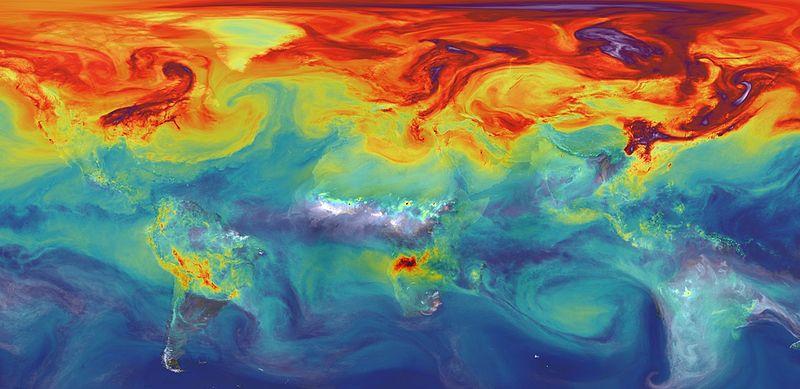New economic research co-funded by the Deep South Challenge and Manaaki Whenua – Landcare Research, with the support of Motu Economic and Public Policy Research, will investigate the impact of climate change-driven drought on vulnerable communities.
What has happened in the past, and what might happen in the future, to local spending, income, wages or employment during droughts? What are the long-lasting effects? Where does labour go and does it return? What does drought do to agriculture and tourism profits, food production, land values, debt and communities?
Research co-lead Dr Lynn Riggs (Motu Economic and Public Policy Research) says her aim is to understand what drought does to people who are at ground-zero and then how the impacts reverberate out to other communities.
“I hope this will improve our ability to plan for and avoid the worst.”
New Zealand’s agricultural land is among the highest valued in the world, largely because of a mild, moist climate.
A changing climate, including worse or more frequent droughts, poses a substantial risk to our land assets. This makes our rural communities vulnerable.
Dr Riggs says drought in particular is a complex issue and has a massive web of inter-related impacts.
“My job in this project is to help figure out how rural businesses, local economies and farming communities will be economically and personally affected by climate-driven drought.”
In New Zealand, there is very little research about the implications of climate change for society using approaches that measure the historical relationship between weather conditions and economic and social outcomes. This project will begin to fill this critical research gap by analysing how drought frequency and intensity impact financial outcomes on farms, and, as a consequence, on rural communities.
Using climate change projections from NIWA, the research will also simulate the future implications of climate-driven drought for farms and for communities.
Manaaki Whenua research co-lead, Dr Kendon Bell, says rural communities may bear a large share of the burden of reducing emissions
” … and our job is to try and understand, using real financial data, the size of the additional burden (or benefit) that climate change might impose.”
This research will support decision makers to understand which communities, regions and industries will be hardest hit by drought events, and how.
For more information about the Deep South Challenge: Changing with our Climate, visit www.deepsouthchallenge.co.nz
Source: Deep South National Science Challenge












